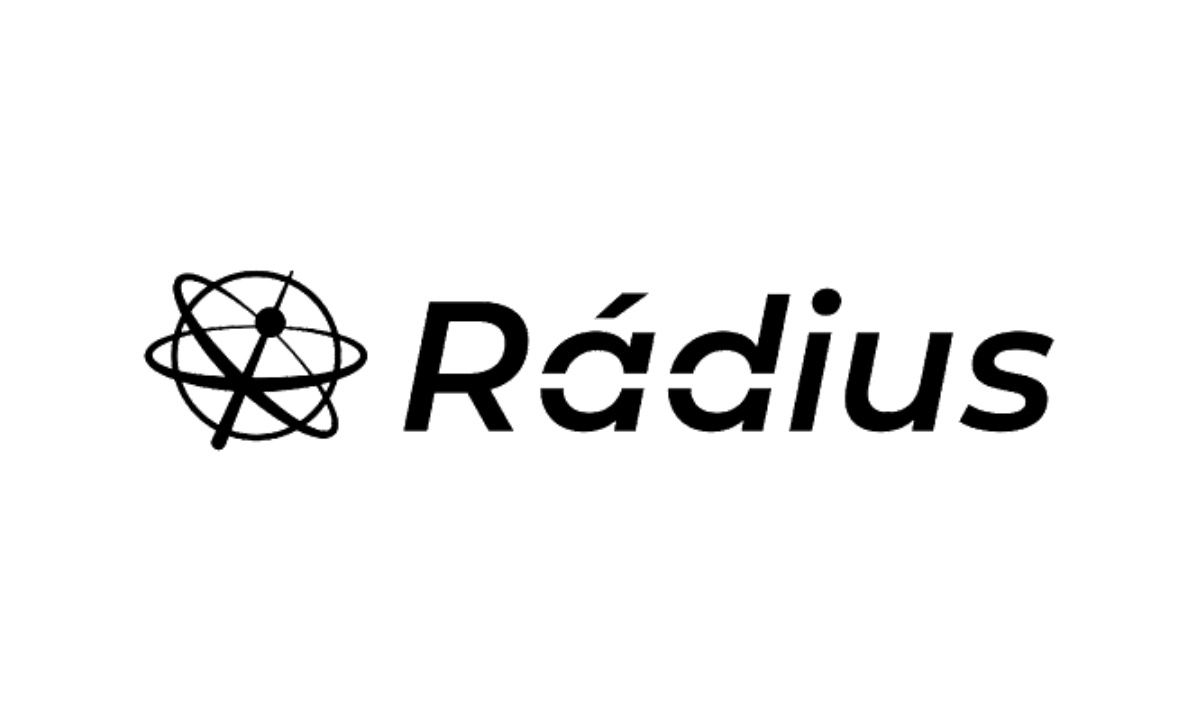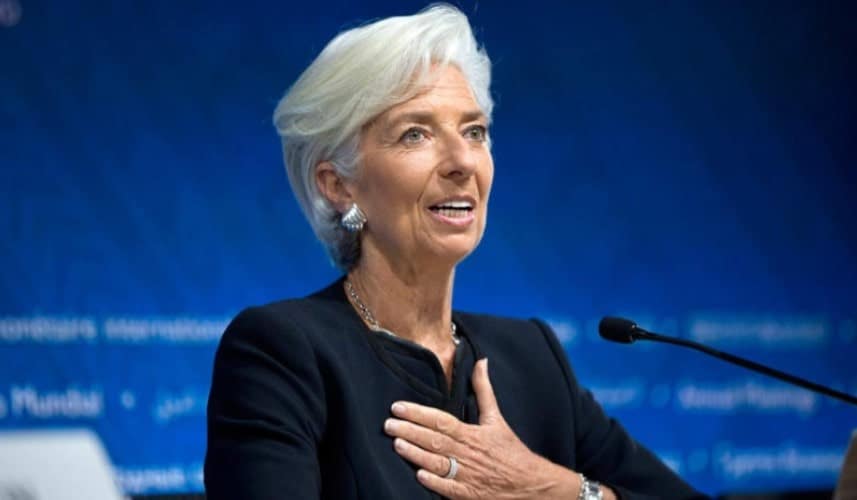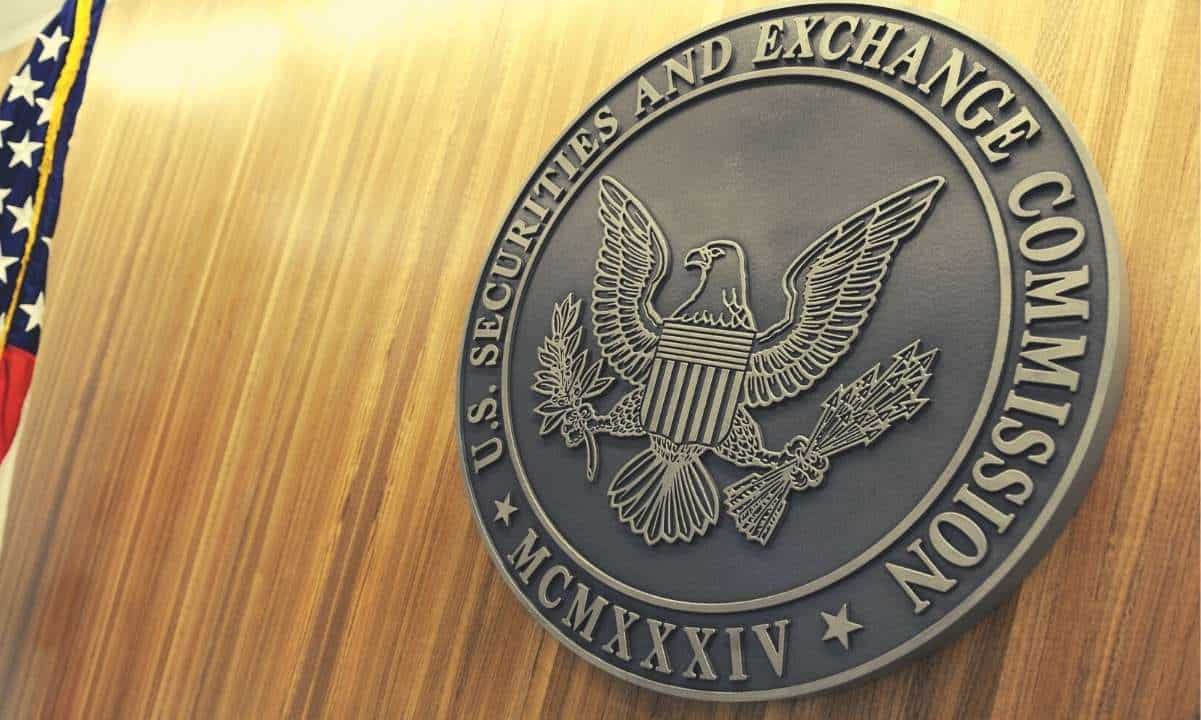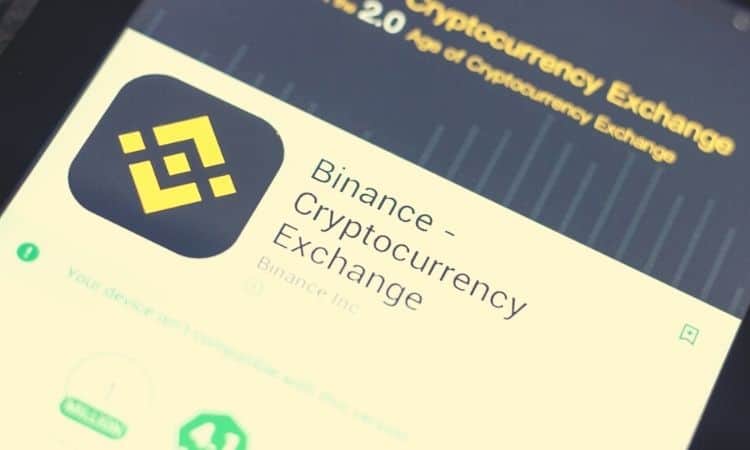Charles Hoskinson Testifies to Congress on Digital Asset Regulation
Charles Hoskinson – CEO of Input Output Global (IOK) and founder of Cardano – testified to the U.S. House Subcommittee on Commodity Exchanges, Energy and Credit on Thursday. He provided congress with information about the utility of blockchain, and what responsible regulation of the technology and industry could look like.
The Benefits of Transparency
In his prepared testimony on Thursday, Hoskinson argued that distributed ledger technologies can provide transparency and auditability to existing industries.
For instance, the agricultural industry could benefit by managing and overseeing its economic events using blockchain. Hoskinson cited BeefChain as an example – a startup that allows consumers to trace the sources of their beef products. Therefore, consumers can consume their beef with greater confidence that it came from a healthy and trustworthy producer.
In May, a “global community of technologists” sent a letter to congress claiming that cryptocurrencies and blockchain had no real-use cases besides scams, crime, and pollution. Shortly afterward, a collection of human rights activists including Yeonmi Park countered with a letter highlighting the financial sovereignty that Bitcoin can provide.
Hoskinson went on to outline the “principles” behind blockchain, which he believes should lay the groundwork for appropriate regulation of the technology. “We ought to have the humility to admit that innovation makes specifics difficult and thus focus on principles instead,” he said.
To that end, Hoskinson spoke against the use of “category-based regulation” which would rely on “centralized actors” for reporting and disclosure. This, in his view, would be an ineffective solution for regulating a decentralized ecosystem.
“Principles-based regulation, which is more flexible, can adapt and evolve alongside the nascent technology without strangling an industry that has only started and forcing companies abroad,” Hoskinson said.
Principles VS Categories
The landmark crypto regulatory bill introduced earlier this month would attempt to regulate digital assets using the categorical approach. It divides the jurisdiction of digital assets between the Commodities and Futures Trading Commission (CFTC) and the Securities and Exchange Commission (SEC)
Both the CFTC and SEC chairmen reportedly agree that both Bitcoin and Ethereum classify as commodities. Specifics on other cryptos – like Cardano – are still fuzzy, though Chairman Gensler has stated that he thinks “most” cryptocurrencies are securities.
However, Hoskinson believes that many cryptocurrencies are neither securities nor commodities, exhibiting customized features that are captured by neither term.
To protect consumers, the CEO argues that appropriate regulation can be applied to the space without labeling cryptocurrencies under this binary.








